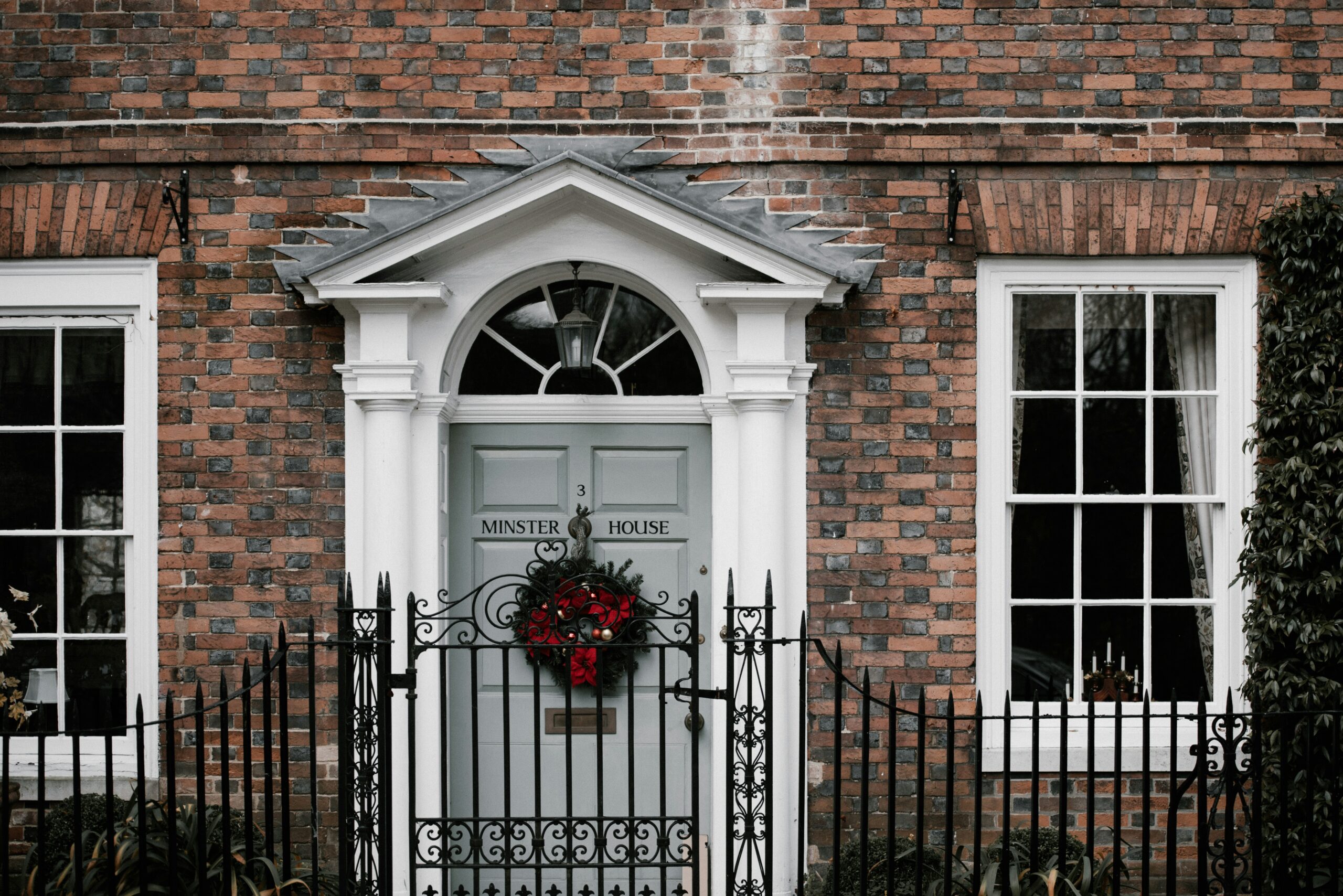Homeowners can improve their yards in unconventional ways, such as by installing a fence. If they choose the right fence type, they can enhance privacy and security. Also, they can improve aesthetics and increase the value of their home. But homeowners should only select a fence that can withstand the weather or climate in the area. Appropriate fence material prevents expensive and complex repairs, repainting, staining, and replacements.
The diverse fencing materials for sale can make property owners wonder which is best for them. However, contractors have handled many projects and can recommend the right fence that can serve the purpose, even in harsh weather. This article will highlight tips to help homeowners select durable fences for areas with harsh weather.
Vinyl Fences
Vinyl fences are becoming popular because of their low prices and maintenance tasks. Compared to wood and iron fences, vinyl fences resist termite damage. They also do not rot or rust. Vinyl fences require simple maintenance practices, such as cleaning and repainting, which are only required occasionally.
When installing a vinyl fence, homeowners can choose a style, color, and pattern that matches their home exterior. Vinyl is inexpensive, and any property owner can find the materials locally when installing from scratch or replacing the existing fence.
However, vinyl has a few cons, which homeowners should evaluate when installing a fence. For instance, vinyl fences are quite common in many neighborhoods, which might not make a property stand out.
Additionally, despite vinyl offering many design options, these fences might not be ideal for property owners who want an authentic or premium experience. After many years of exposure to harsh weather, vinyl fences might warp or fade.
Composite Fences
Some property owners want a fence that is durable and eco-friendly. Composite fencing is an excellent option since it is made of recycled plastic and wood fibers. Unlike plastic or wood, composite materials are firm and durable, so they do not rot or warp due to exposure to harsh weather.
Besides protecting a property, composite fences allow light to pass through, which enhances the outdoor experience for people who like spending time outside. Composite materials are water resistant, which is an advantage for property owners in wet areas.
This fence type does not rust and is not affected by mold or mildew. Therefore, homeowners looking for low-maintenance fencing materials that withstand harsh weather can never go wrong with composite fencing.
Chain Link Fences
Although chain link fences do not improve privacy and aesthetics, they are affordable, rugged, reliable, and easy to install or repair. However, chain links made of iron can be affected by rust, increasing maintenance requirements.
Chain link is robust and can resist extreme weather without complex repairs or replacements, especially if it is coated, galvanized, or painted to prevent rust. Other metals, such as aluminum, cannot be affected by rust but are relatively expensive to buy.
Chain link fences are also good for people who want an open view of the neighborhood or allow pets to enjoy freedom within the boundaries. But security could be a challenge in some locations. Intruders or robbers can easily cut through the chain link, especially because they can see what they want to steal on the other side of the fence. Therefore, homeowners who want to prevent intruders should install fences that block the view.
Fence materials should withstand the local weather patterns. They should withstand the blazing sun, acid rain, freezing temperatures, and other weather elements without reducing structural integrity or aesthetics.
However, homeowners should also consider other factors, such as the cost and maintenance requirements, when installing a fence. Therefore, property owners seeking to install a fence should research thoroughly and consult contractors to choose the best fence materials.

